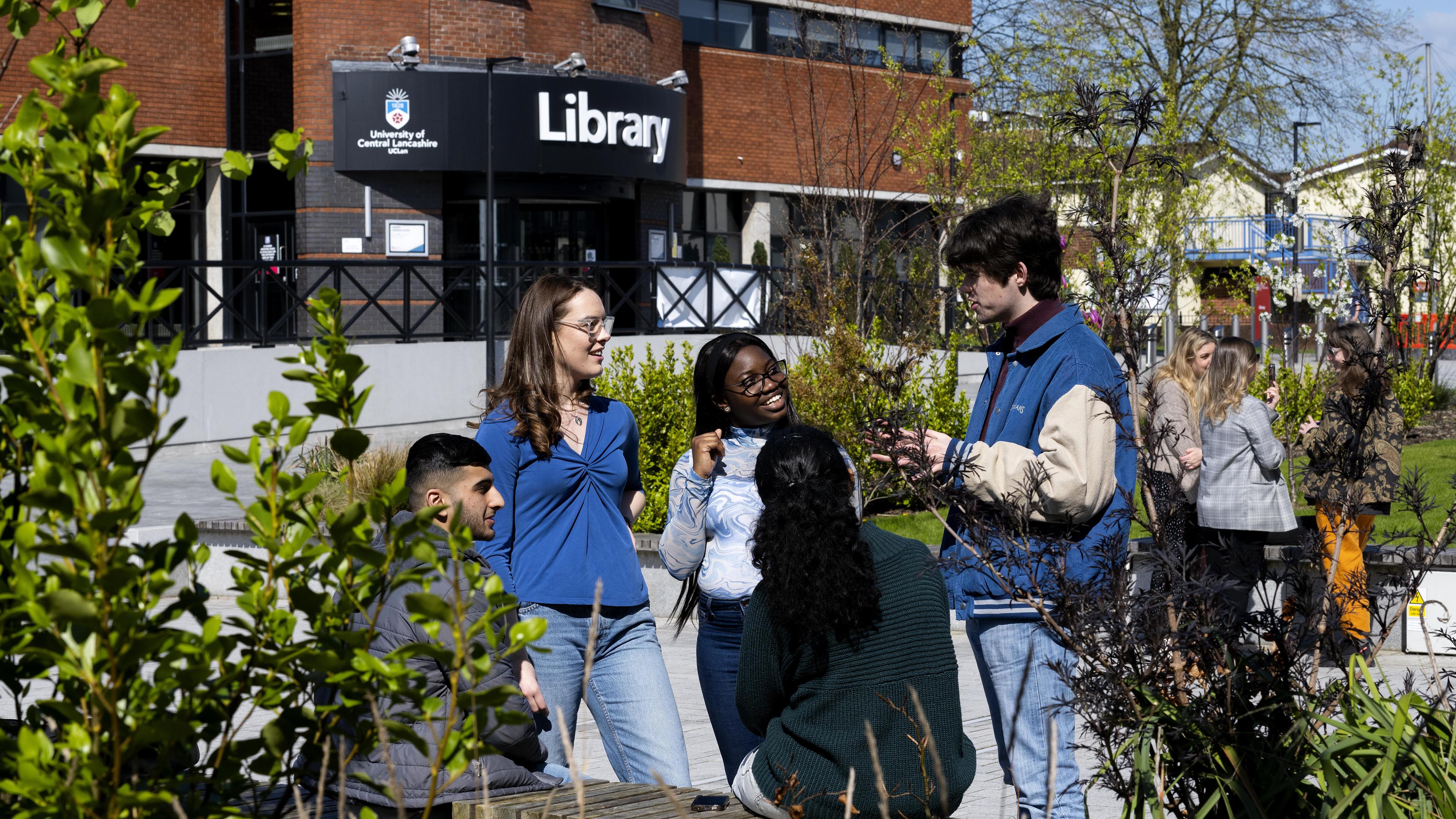Search our courses
How to apply
Already found your course and wondering how to apply? Take a look at our handy guide.Fees and funding
You could eligible for a loan to help you study. Find out more about tuition fees, loans and funding.Alumni loyalty discount
If you're a UK student with a previous award from us you may be eligible to receive 20% tuition fee discount.Have any questions?
Take a look at our frequently asked questions about postgraduate study.
Start your next chapter

Useful information
Find out more about the different types of postgraduate study, or what your options are as an international student. You can also explore our accommodation, chat to a tutor or a student, and discover our wide range of student support.
Flexible learning on your terms
Our postgraduate taught courses are designed with flexibility in mind - ensuring that you have every opportunity to achieve success.
Many of our postgraduate taught courses can offer:
- Part-time study
- Online study
- January starts
- Evening workshops and sessions.
For further information, find your course page and review what options are available for you.
Boost your career
If you’re a recent graduate looking to enhance your job prospects or an experienced professional looking to further your development we can help you take your career to new heights.
Postgraduate degrees are a perfect opportunity to enhance your existing career skills, increase your earning potential or even move into a new field.
You can also choose to study a postgraduate research degree to enter the world of academia for your career.
Our students are entitled to full careers support. We'll always be here to help you with your next big step in the world of work.
Hear from our students
Got a question about postgraduate study? Read our FAQs
Contact us
If you have any questions about a postgraduate taught course, you can contact:
Prospective student enquiries
Call: +44 (0)1772 892400
Complete the prospective student enquiries form
If you've already applied, or have questions about your application, you can contact:
Postgraduate applications team
Call: +44 (0)1772 892444
Email the postgraduate applications team
For further information, please visit the contact us page.




